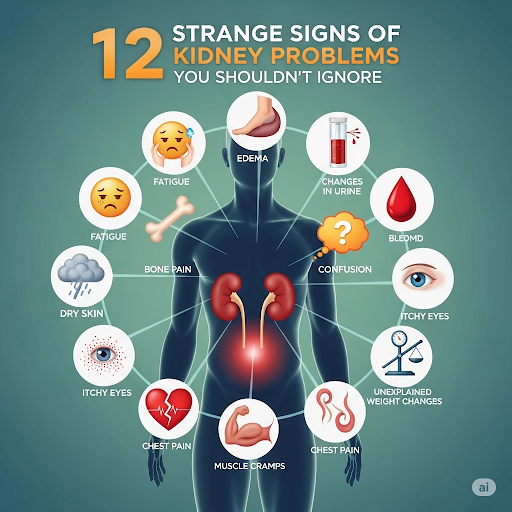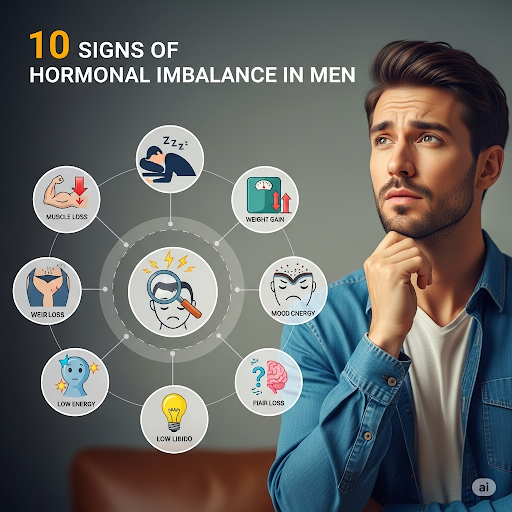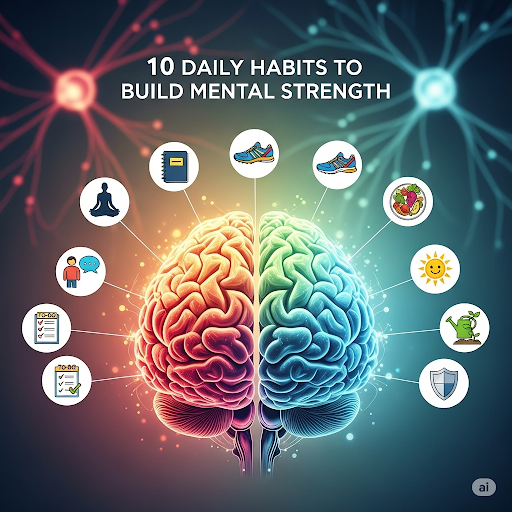Because your kidneys are whispering… are you listening?
Introduction: The Silent Operators of Your Body
Your kidneys are probably not the organs you think about when you’re lying in bed, worrying about your health. You may stress over your heart, your brain, your gut but your kidneys? Those two bean-shaped powerhouses just quietly go about their business 24/7, filtering your blood, removing waste, balancing fluids, producing hormones, regulating blood pressure, and even helping your bones stay strong.
But here’s the catch: when your kidneys are in trouble, they rarely make a big fuss at first. They’re silent operators. They don’t scream for attention until the damage is advanced. That’s why kidney disease is often called the “silent killer.”
And while some symptoms are obvious like changes in urination or pain in the lower back others are downright strange. They seem unrelated, random, and easy to dismiss as “just stress” or “just aging.” But these are the very signs that might be your kidneys waving red flags before it’s too late.
Let’s walk through 12 unusual, often overlooked signs that could point to underlying kidney problems. If these sound familiar, don’t panic but do pay attention.
You’re Always Tired, Even After a Full Night’s Sleep
Everyone feels tired now and then, especially after a rough night or a long day. But kidney-related fatigue hits differently. It’s a deep, dragging tiredness that doesn’t improve with rest. Why? Because when your kidneys aren’t functioning properly, they struggle to filter out waste and toxins. These build up in your blood, making your body feel sluggish and heavy like you’re carrying around a toxic load. Your kidneys also produce a hormone called erythropoietin (EPO), which helps your body make red blood cells. When EPO drops, so does your red blood cell count, leading to anemia another major cause of that never-ending exhaustion.
You’re Struggling to Focus or Think Clearly
If your memory is fuzzy or your mind feels like it’s covered in mental cobwebs, your kidneys might be contributing to the fog. Uremic toxins those same waste products your kidneys are supposed to flush out can build up and impact brain function. People with kidney dysfunction often describe it as “brain fog” or “mental fatigue.” They forget things easily, struggle to concentrate, or feel mentally slower than usual. It can even mimic the early stages of dementia in extreme cases.
Your Skin Feels Dry, Itchy, or Weirdly Tight
Sure, dry skin can be from cold weather or not drinking enough water. But when it becomes chronic or unusually intense, it may be tied to your kidneys. Healthy kidneys help balance your skin’s hydration and minerals. When they’re not working well, you might develop dry, flaky, or itchy skin especially on your arms, legs, and back. It’s not just cosmetic; it can be your body’s way of saying, “I’m not detoxing properly.” In advanced cases, uremic frost (a rare, powdery white deposit of urea crystals on the skin) can even appear.
You’re Experiencing Puffiness Around Your Eyes or Face
That morning puffiness around your eyes might not just be from a salty dinner or a bad night’s sleep. When kidneys are damaged, they can leak protein into your urine a condition called proteinuria. Losing protein this way lowers the amount available in your bloodstream, causing fluid to leak into surrounding tissues. The result? Swelling in places like your eyelids, cheeks, and under your eyes. If this happens regularly especially alongside foamy urine it could be your kidneys crying out.
Your Ankles, Feet, or Hands Are Swollen for No Clear Reason
Fluid retention is another red flag. Swollen feet and ankles can come from lots of things long flights, too much sodium, poor circulation but when it’s persistent, especially by day’s end, it may suggest your kidneys aren’t filtering fluids properly. Gravity pulls excess fluid down, so you’ll notice it in your lower extremities first. This kind of swelling doesn’t go away easily, and in more serious cases, it can affect your legs, hands, or even your abdomen.
Your Urine Looks… Strange
Kidney health and urine are deeply connected. And while everyone experiences changes in urination from time to time, there are some specific things to watch out for. Is your urine unusually dark, cloudy, foamy, or pinkish (suggesting blood)? Are you going way more or way less than usual? Do you wake up frequently at night to pee? These are subtle shifts that many people ignore but they can signal early-stage kidney dysfunction. Pay attention. Your pee is trying to tell you something.
You’re Dealing with Bad Breath and a Metallic Taste in Your Mouth
When your kidneys fail to remove toxins efficiently, those wastes don’t just build up in your blood they also affect your breath. You might develop persistent halitosis (bad breath) or a metallic, ammonia-like taste in your mouth. Food might start tasting off, and meat may even become unappealing. This is called uremic fetor and it’s caused by waste products like urea being excreted through your saliva. If your breath smells like a public swimming pool, it’s time to investigate your kidney function.
You’re Losing Your Appetite for No Reason
A reduced appetite can come from stress, depression, or digestive issues but it’s also common in people with declining kidney health. As toxins build up in the body, they can cause nausea, indigestion, or just a general aversion to food. You might find yourself skipping meals, eating less without trying, or feeling full quickly. It’s not about willpower or dieting it’s about your body signaling that it doesn’t feel well on the inside.
You’re Dealing with Unexplained Muscle Cramps
Everyone gets a charley horse now and then, but if you’re regularly waking up with painful muscle cramps especially in your legs or feet it could be linked to electrolyte imbalances caused by poor kidney function. Your kidneys help regulate essential minerals like sodium, potassium, and calcium. When these levels go haywire, it can trigger sudden, sharp cramping that feels like your muscles are being twisted like a rope. It’s uncomfortable and not just a “hydration issue.”
You’re Feeling Cold All the Time, Even in Warm Weather
Chronic coldness especially if your hands and feet feel like ice cubes while others are sweating can be a sign of anemia. Remember that hormone erythropoietin? When kidney function declines, red blood cell production drops, lowering oxygen delivery to your tissues. Less oxygen means you feel cold more often, even if your environment is warm. It’s a subtle sign that your kidneys aren’t fueling your blood properly.
You’re Bruising More Easily or Bleeding for Longer
Your kidneys play a quiet but essential role in your blood clotting system. When they’re damaged, you may find that you bruise easily, your cuts bleed longer, or you spot unexplained bruises in odd places. This happens because platelet function is altered when toxins build up in the blood. It’s not dramatic like a major injury but it’s an odd, sneaky symptom that often goes unnoticed until it becomes frequent.
Your Blood Pressure Is Climbing for No Clear Reason
Your kidneys regulate your blood pressure through the release of renin, a hormone that controls salt and water balance. When kidney function begins to decline, this balance gets thrown off. If you suddenly find yourself with high blood pressure or your doctor says it’s “borderline” and wants to monitor it it’s worth considering your kidney health. Likewise, existing high blood pressure can cause kidney damage too. It’s a two-way street, and both sides are worth watching closely.
Final Takeaway: Don’t Wait for the Crash
Kidney disease rarely begins with pain, drama, or flashing warning lights. It’s quiet. It creeps in. And that’s exactly why so many people miss it until the damage is advanced. But your body doesn’t stay silent forever it whispers first. In puffy eyes, itchy skin, foggy thinking, and weird cravings. In bruises, cold fingers, and bathroom habits that change without reason.
Listening to those whispers doesn’t mean you need to panic but it does mean you need to act. A simple blood test (eGFR) and urine test (to check for protein or blood) can reveal a lot about your kidney function. And if something’s off, catching it early means you have a better shot at reversing or slowing the damage.
Your kidneys work hard to keep your internal world clean, balanced, and running smoothly. Don’t wait for them to break down before giving them the attention they deserve. Because the sooner you catch kidney problems, the more power you have to protect yourself from the silent storm.












